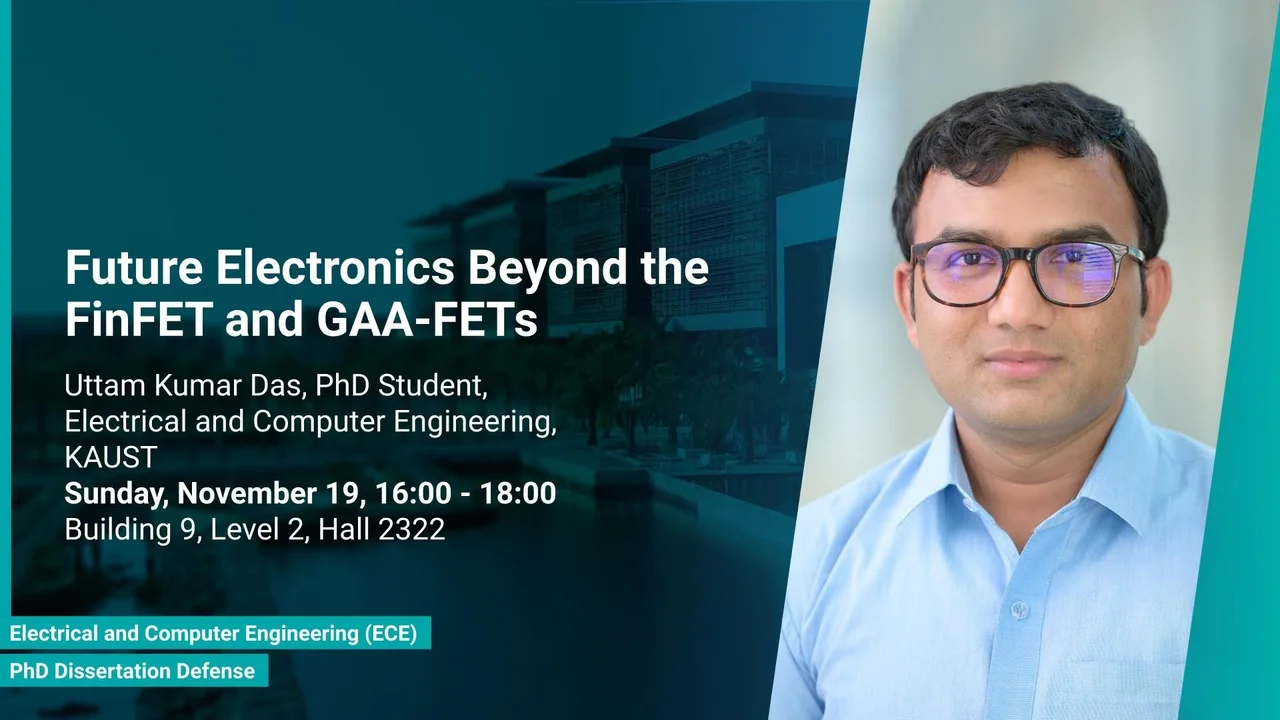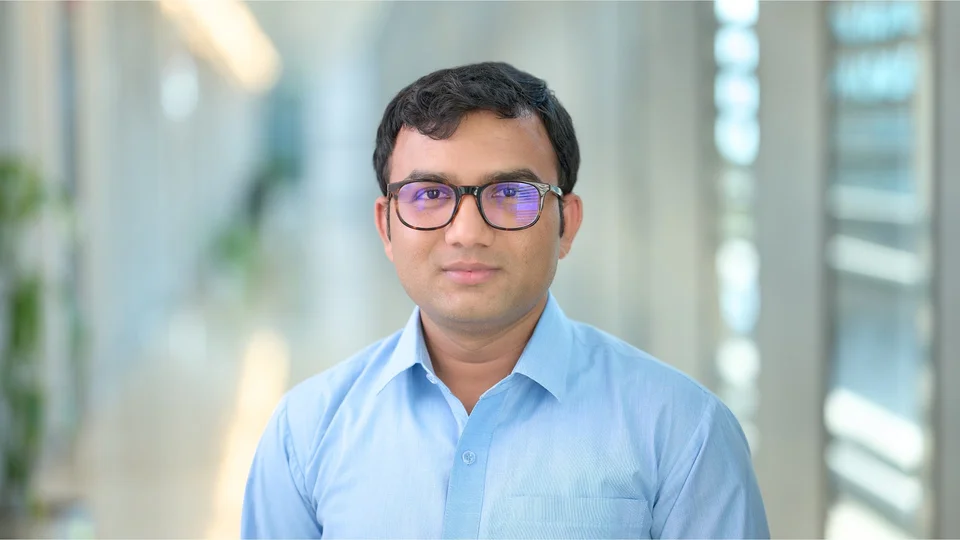
Future Electronics Beyond the FinFET and GAA-FETs
Quantum theory and relativity have shown the solid path for solid-state computation in the early 20th century. Since then, many theoretical breakthroughs accompanied by experimental discoveries have ultimately led us to this modern-day electronic society.
Overview
Abstract
Quantum theory and relativity have shown the solid path for solid-state computation in the early 20th century. Since then, many theoretical breakthroughs accompanied by experimental discoveries have ultimately led us to this modern-day electronic society. The unique growth of semiconductor technology has been continuous since the 1970s. So far, the performances of logic transistors and data-storing capability have achieved substantial progress. Nevertheless, it is still rolling towards a new height by exploring various nanoscale engineering. In this thesis, we have studied the future prospects of CMOS technology by exploring nanoscale transistors. Analyzing the performances of advanced node CMOS devices theoretically, and, experimentally demonstrating the ultra-thin Si-based MOSFET and charge-trapping memory (NVM) devices for future applications in flexible electronics.
Brief Biography
Uttam Kumar Das received the B. Tech. degree (2012) in electronics and communication engineering from Jalpaiguri Government Engineering College, Jalpaiguri, India, and the M. Tech. degree (2015) in VLSI and Microsystems from the Indian Institute of Space Science and Technology, Trivandrum, India. He has been working in nanoelectronics devices in various capacities at imec, Belgium, IIT Kanpur, and, IIT Kharagpur before starting his Ph.D. journey at the ECE dept. of King Abdullah University of Science and Technology (KAUST). Currently, he has been working on nanoscale logic and memory devices with Prof. Muhammad Mustafa Hussain and Prof. Nazek El-Atab for flexible electronics applications. His research interests are next-generation device design, simulation, modeling, and fabrication.

